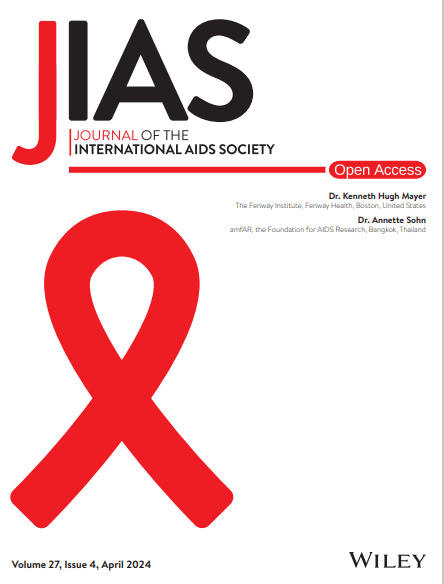Differentiated service delivery (DSD) models have been widely implemented for patients in stable HIV care. However, DSD has rarely been offered to newly diagnosed patients. We assessed the effectiveness of early fast-track care during a period of severe civil unrest in Port-au-Prince, Haiti.
We conducted a pilot randomized trial among adults presenting with early HIV disease to determine whether early fast-track care (8−12 weeks after same-day HIV testing and antiretroviral therapy [ART] initiation) was associated with superior outcomes compared with standard (deferred eligibility for fast-track care). All participants received tenofovir/lamivudine/dolutegravir (TLD), and HIV-1 RNA <200 copies/ml was required prior to initiating fast-track care. The primary outcome was 48-week HIV-1 RNA <200 copies/ml, with intention-to-treat analysis.
From December 2020 to August 2022, 245 participants were randomized to standard (n = 116) and early fast-track (n = 129) groups. All initiated TLD on the day of HIV diagnosis. In the early fast-track group, one (0.8%) died, 12 (9.3%) were internally displaced/emigrated, five (3.9%) were lost-to-follow-up (LTFU), two (1.6%) had a gap in care/later return, one (0.8%) was transferred and 108 (83.7%) were retained; 88 (68.2%) received 48-week viral load testing and 80 (90.9% of tested; 62.0% of randomized) had HIV-1 RNA <200 copies/ml. In the standard group, two (1.7%) died, six (5.2%) were internally displaced/emigrated, three (2.6%) were LTFU, one (0.9%) had a gap in care/later return, one (0.9%) was transferred and 103 (88.8%) were retained; 78 (67.2%) received 48-week viral load testing and 66 (84.6% of tested; 56.9% of randomized) had HIV-1 RNA <200 copies/ml. By design, the sample size of this pilot study was too small to provide definitive evidence of treatment effect, but the primary outcome was numerically higher in the early fast-track group (62.0% vs. 56.9%; RD: 0.051: 95% CI: −0.072, 0.174).
Early fast-track care was associated with high levels of viral suppression among adults initiating same-day TLD, despite severe civil unrest in Haiti. Completion of 48-week viral load testing was suboptimal, due to the need for participants to leave Port-au-Prince during peak periods of gang-related violence, and the lack of availability of viral load testing for those receiving non-facility-based ART.



